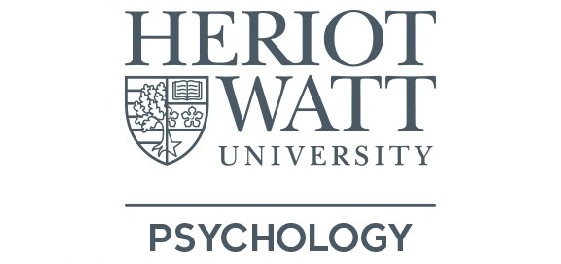
Stopping the spread: harnessing group processes to facilitate a public response during a pandemic
Mark Atkinson (Heriot-Watt University)
As we have seen throughout the COVID-19 pandemic, widespread adoption of particular behaviours can play a crucial role in reducing the transmission of a highly infectious disease. Physical distancing, mask wearing, accepting a vaccine, and self-isolating when sick may all be vital.
Adopting these behaviours, however, may well require difficult personal sacrifices, and so a successful public response may require the public ¬– and particularly individuals who perceive themselves to be at low personal risk – to act in the interests of their wider communities rather than solely for their own protection. Understanding why, and in what contexts, people do this will likely be an important consideration when determining appropriate government policy and public health messaging.
In this talk, I’ll introduce a number of experiments from a 2020-2021 UKRI-funded project which investigated these issues from a social psychology perspective, considering the impact of perceptions of COVID-19 risk, social identity, and social norms. I’ll discuss some of the key factors which we found determine the extent to which people adopt preventative behaviours, and highlight some of the recommendations we made to the authorities off the back of our data. I’ll also discuss how, in the interests of having the most immediate impact at the time, we tuned our research plans to current events, such as the EURO 2020 football tournament and the media coverage of the AstraZeneca vaccine.
In-person: Mary Burton 147, Heriot-Watt University, Edinburgh.

